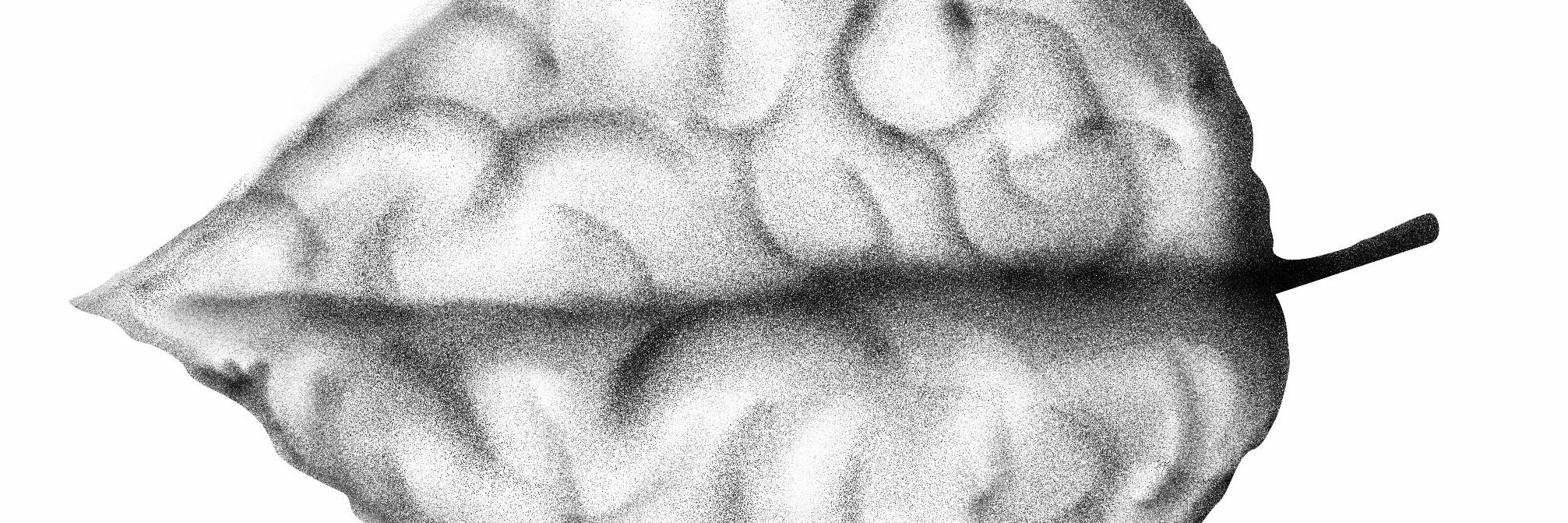easp02@hamline.edu / erik-asp@uiowa.edu
Google Scholar page / ResearchGate page / Twitter page / Hamline page
Background and Education
I am an Associate Professor of Psychology in Hamline University’s College of Liberal Arts. I also hold a secondary research appointment in the Department of Neurology at the University of Iowa. I am the director of the Wesley and Lorene Artz Cognitive Neuroscience Research Center.
I received my Ph.D. in Neuroscience from the University of Iowa in 2012 under the guidance of Dr. Daniel Tranel. My dissertation developed and tested the False Tagging Theory (FTT), a neuroanatomical model of the mechanisms of belief and doubt, which garnered the University of Iowa’s Graduate Dean’s Distinguished Dissertation Award in 2014. I have also done postdoctoral research with Dr. John T. Cacioppo at the University of Chicago and Dr. Nancy Andreasen at the University of Iowa.
Research Interests
I aim to understand the psychological and neural mechanisms of belief and doubt. Why do our beliefs go awry sometimes? How can delusional individuals think they are Napoleon or Jesus? Why are some people so susceptible to deception and propaganda? How do false memories form? I am fascinated that people can believe such weird things, even when these beliefs produce behavior that is detrimental to themselves.
My primary research methodologies include the human lesion method and event-related potentials (ERPs). I examine several areas related to belief: egocentrism, prejudice, religious cognition, social pain, moral neuropsychology, prefrontal cortex function, dual-processing cognitive models, and delusions in schizophrenia. While my interests are broad, they tend to revolve around the FTT’s view of the prefrontal cortex mediating doubt.
